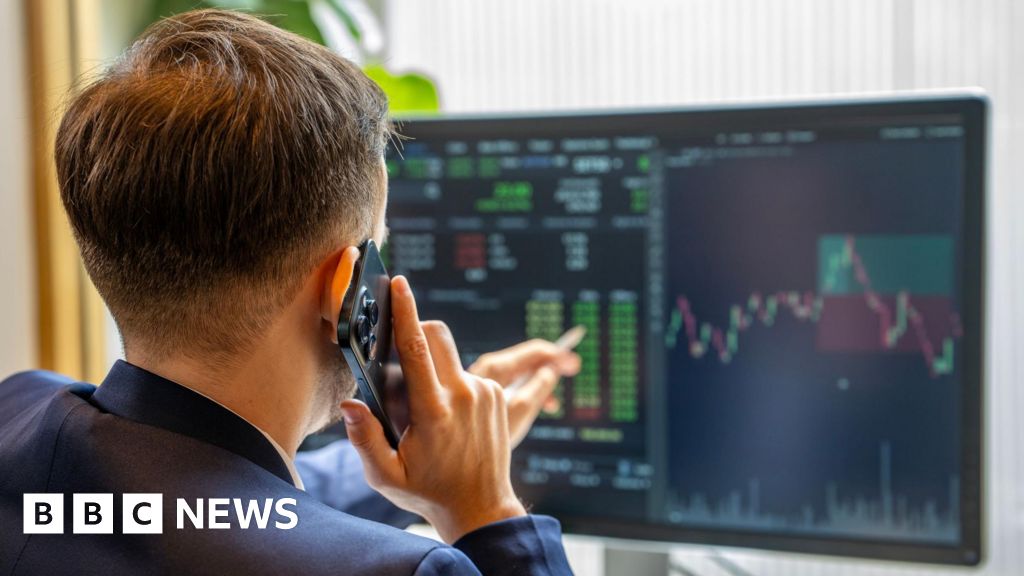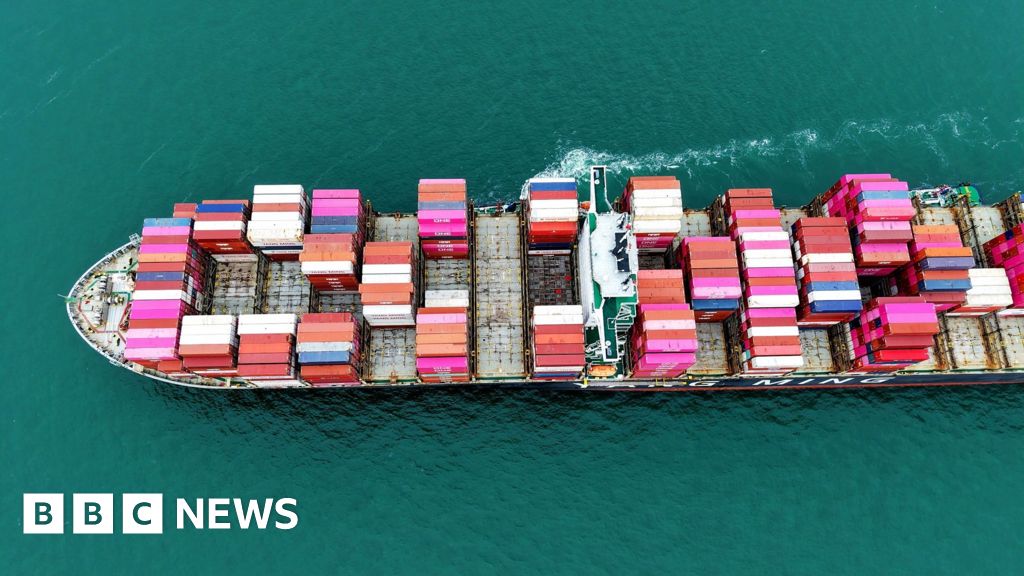Natalie Sherman
Business reporter, BBC News

 Getty Images
Getty Images
US inflation jumped last month as President Donald Trump's tariffs took hold, pushing up prices for items from clothing to coffee.
Consumer prices rose 2.7% in the year to June, up from 2.4% the previous month, with prices rising at the fastest pace since February, the Labor Department said.
Higher energy and housing costs, such as rents, were the major drivers of the increase.
But the data also suggested that consumers are starting to feel the impact of tariffs, as some firms begin to pass along the costs of Trump's new taxes on imports.
Coffee prices jumped 2.2% from May to June, while prices for citrus fruits climbed 2.3%. Toy prices rose 1.8%, appliance prices increased 1.9%, while clothing prices gained 0.4% - the first increase to hit the sector in months.
But the overall increase remained contained and came in largely within expectations, offset by declines in prices for new and used cars, airfare and hotel bookings.
"There is a trickle of what is likely tariff-induced inflation in some categories, particularly household appliances and furnishings," said Olu Sonola, head of US economic research at Fitch Ratings.
"This trickle is likely to gain momentum in the coming months."
The average effective tariff rate in the US has surged this year, as Trump imposed a 10% tax on most goods entering the country, hitting key items, such as steel and car with even higher levies.
Though he suspended some more aggressive plans, in recent weeks, he has said he is planning to raise tariffs on goods from most countries, with duties set to come into effect on 1 August.
The president has claimed that introducing tariffs will protect American businesses from foreign competition and also boost domestic manufacturing and jobs.
The White House has dismissed forecasts that the measures will lead to higher prices for Americans, arguing that companies and foreign exporters will absorb the costs.
That view is at odds with most economic forecasters, who have argued the US economy has been shielded so far because firms stocked up on many goods in advance.
Ryan Sweet, chief US economist at Oxford Economics, said the latest figures were unlikely to settle the debate.

 Movie
Movie 3 months ago
106
3 months ago
106 



![Presidents Day Weekend Car Sales [2021 Edition] Presidents Day Weekend Car Sales [2021 Edition]](https://www.findthebestcarprice.com/wp-content/uploads/Presidents-Day-Weekend-car-sales.jpg)




 English (United States)
English (United States)